Vinson Massif: Post 1
Off again, this time to the coldest and most inhospitable place on earth. Antarctica is a frozen desert with less that a inch of rainfall a year. The continent is made up of rocks and Ice. No permanent residents or animals other than crazy humans. That said it is also one of the most beautiful places on earth. Over the next 2 weeks I will be dragging myself and gear to the top of Mt Vinson Massif, one of the 7 summits and the largest peak in Antarctica. I am on my third flight that will end up tonight in Punta Arenas on the southern most point of Chile. Punta Arenas is Spanish for Sandy Point the name was changed from the Spanish word starvation point after a Spanish expedition starved to death over a winter years ago. Over the next two days and two more flights I will arrive at base camp and begin my climb. This is the hard part of the expedition when I deal with the guilt and worry of leaving my family and friends behind to go chase another adventure while they pick up the slack left in my absence. The doubt always creeps in, am I even physically and mentally up to this. This is my 5th year of going after big mountains and along the way I have picked up skills, confidence and a clearer line that defines my mental and physical limits. As the years go and my physical abilities fade it is replaced by a mental resolve that will carry me much further than my body ever would. Hopefully more lessons to pass on to my grandkids, coworkers and friends. I met a friend from Everest 16' and will be climbing together. He started a non profit and works with veterans suffering from PTSD. He brings awareness to the epidemic level of suicides among our vets. I also am climbing with the Adventure Consultant team and while I don’t know the leader of this expedition, I know the high standards that AC have and glad to be climbing with them again.Mt Vinson between high and low camp, the head wall one of the harder days on fixed ropes with heavy pack. Me and Ford the night before my departure. Who’s hair is more jacked up?
Antarctica Facts:
Antarctica is the Earth's 5th largest continent, measuring 14 million square kilometres (5.4 million square miles).
The ice sheet that covers almost all of Antarctica is the largest body of fresh water on earth, containing about 90% of the world's ice and 68% of the fresh water.
If Antarctica's ice sheet were to melt, it would raise the level of the world's oceans about 60 meters (200 feet).
The thickest part of the ice sheet extends about 4,800km (2980nm) (15,700 feet) into submerged basins in the rock.
Antarctica has the greatest average elevation of any continent at 1,860 metres (6,100 feet). The average elevation of North America is 720 metres (2,300 feet).
The highest mountain on the continent is Vinson Massif,4,897 metres (16,067 feet), situated in the Ellsworth Mountains.
The snow fall in Antarctica is so minimal that the continent has been called "the world's coldest desert". The interior receives less than 3 cm (1 inch) of precipitation a year, making it the driest continent on Earth.
The Antarctic dry valleys in Victoria Land are among the driest places on Earth. Some scientists believe that no rain has fallen there for two million years. Astronauts have visited the dry valleys because of their similarity to lunar landscapes.
Mean temperatures in the inland during the coldest month from -40 F to -94 F and in the warmest month from 5 F to -31 F. At the coasts, the temperature ranges between 5 F to -22 F in winter and about 32 F in summer. On July 21, 1983, the Soviet station, Vostok, reported a record-breaking 128.6 F below freezing.
During winter months, low temperatures cause much of the seas around Antarctica to freeze. At maximum sea ice covers an area larger than the continent itself.
The South Pole experiences a six month period of darkness in winter and a six month period of sunlight in summer.
Antarctica is the only continent in the world with no permanent or indigenous human inhabitants. Larger than the United States, the frozen land is populated by approximately 2,500 people during the summer and fewer than 1,000 in the winter
Lesson for grand kids from Antarctica:
Embrace the unknown, you will never know what -40 feels like unless you get out in it. Some will say it is terrible, others like me say it’s exhilarating and makes your body feel alive. Like in the last lesson about others defining your happiness do not let others define your misery.


